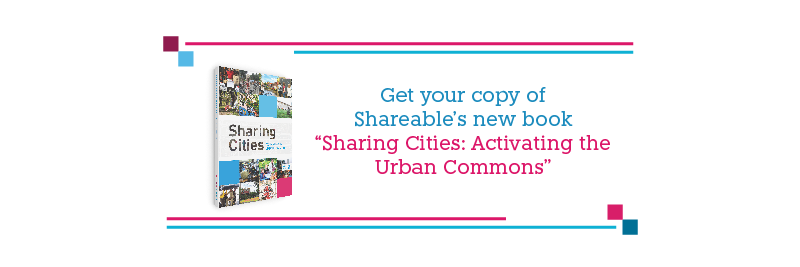This article was adapted from our latest book, “Sharing Cities: Activating the Urban Commons.” Download your free pdf copy today.
The Wellington City Council in New Zealand began developing municipal technology policies in 1995, when their Info City project first emerged. This led to a broadband network in the business district, free web hosting for community groups, and improved access to computers for addressing the digital divide, as published by Wellington’s School of Information Management and the 20/20 Trust.
In 2006, they advanced further with their Information and Communications Technology Policy. This unique policy focuses on “e-Community” and “e-Democracy.” The former aims to “build capability and capacity in the community so that all can participate in an economy and society that has an increasing reliance on ICT,” while the latter’s provisions are “to encourage an increased and enhanced level of engagement in the Council’s decision-making processes and to provide efficient access to Council services.”
View the full policy:










